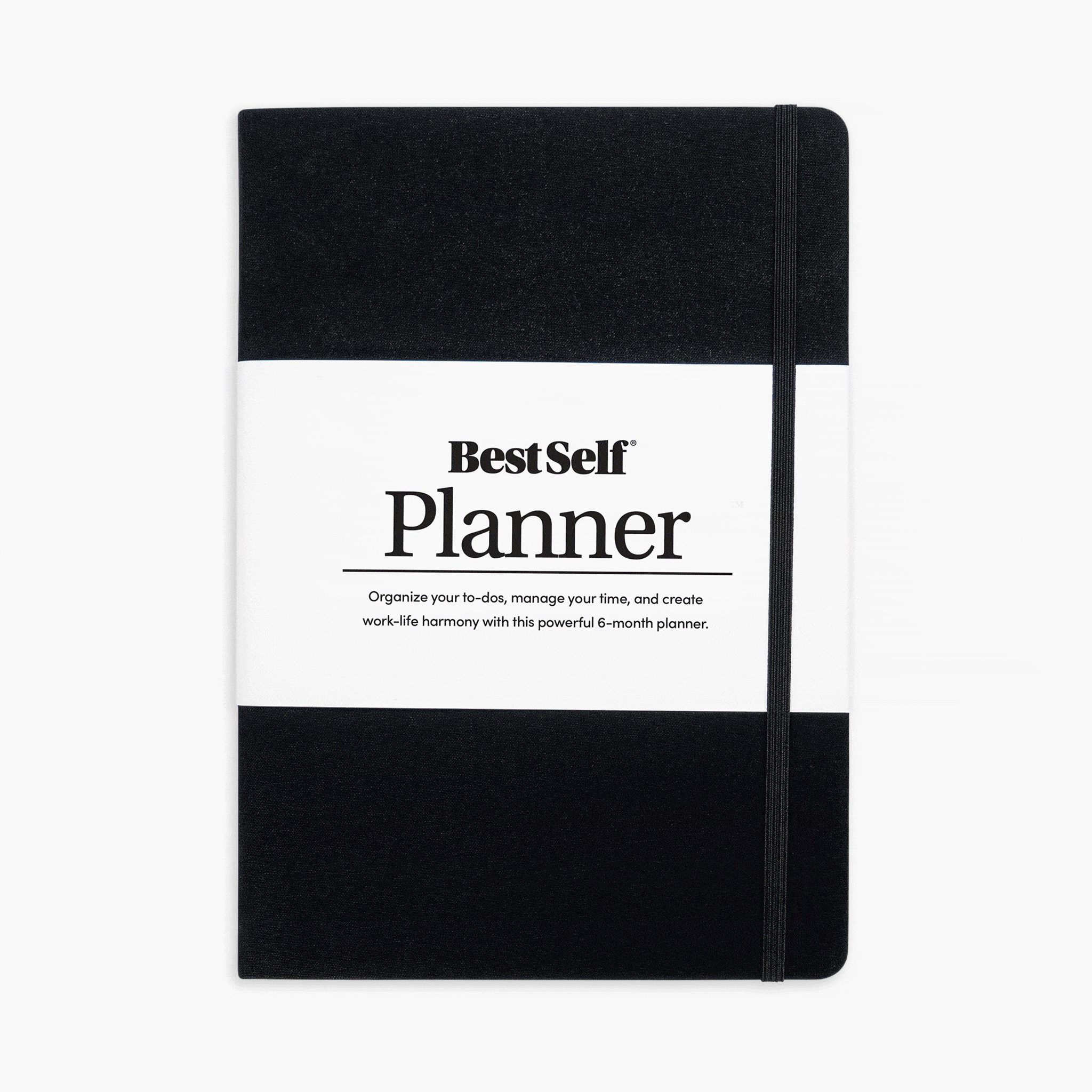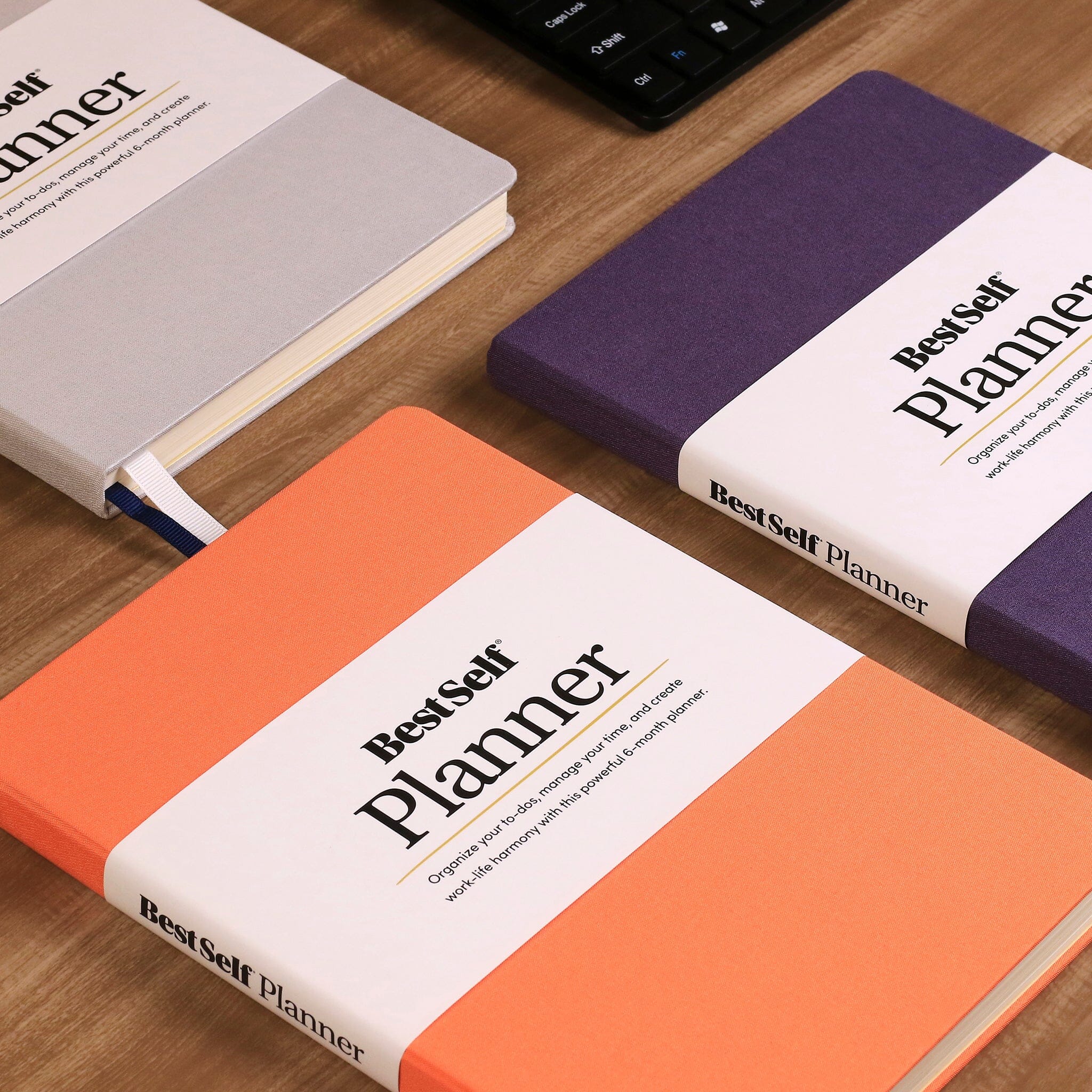Cathryn (00:02):
Welcome back. We hope that from the last week's exercise, you were able to give your love language to your partner and talk to them in a way that they will understand. Now, do you ever feel like you have to read your partner's mind? This, often, is because there are unspoken expectations or perceptions that things are happening that aren't happening. And this week's exercise is around understanding each other's ideal world. So if you could have a cheat sheet of exactly what your partner wants in different situations, this is what this week is. You see, we all process the world differently. And this week you'll be growing your love map of your partner by getting a glimpse of what the world looks like to them and what their ideal world looks like. So let's jump in.
New Speaker (00:51):
This week we are talking about our ideal world and getting on the same page as our partner, not that our ideal worlds are the same but understanding "Okay, what is the ideal in our partner's world versus our world so that we can better interact together." So, firstly Rachel, why do we just assume that our partners can read our mind?
Rachel (01:14):
Because everyone tells us that that's how it should be. Movies, TV, friends, media, family, everyone reinforces this idea that somehow, when you meet someone else that you're romantically and sexually interested in, that they become a psychic for everything that has to do with you. Whether it was before they knew you, whether it's about your future, they just are supposed to know every little thing about you. And we see this played out in a lot of sitcoms. We see things like this played out where if somebody doesn't know someone's favorite flower it's like "How do you not know that?" And it's like that's just a tiny little thing, you know, we're really operating. And we assume that our partners know what we're thinking and feeling. So, they don't. Let's just, like, no one knows. No one knows what you're thinking and feeling except for you. And it is absolutely a hundred percent, 100% your responsibility as an individual to communicate what you want, how you're feeling to your partner, they will never read your mind. And if they're trying to, it leads to assumptions so we want to try to not do that. So the more that we can encourage not to mind reading, the more likely we are to get away from assumptions, which is...
Cathryn (02:45):
Yeah. So you sort of already answered this but when your partner can't read your mind because that's impossible, what do people make that mean in a relationship? Why does it mean so much to some people that they cannot read everything you're thinking and feeling?
Rachel (03:05):
So a lot of people assume that then that means that they're either not paying attention or as though they didn't, like, they missed that day in class. Like, you know, in Cathryn 101, your partner didn't learn X, Y, and Z, they make it about them and as we were talking about before, we do this all the time. Our egos are like "Hey, I'm wounded, like, hello?" And so we think about it as this, like, "How do they not know that I would want this? Or why would they think that I would want to go to this place for that?" We make it about their connection to us or how well they know us and really it has absolutely nothing to do with that and everything to do with them. They're just going off of what they know. It has nothing, nothing. It means nothing.
Cathryn (04:02):
I think this goes with all relationships, it's not just romantic relationships. It's this idea of, I remember with my mom once, she was bothered about something but she expected me to understand what it was. And I was like "You didn't tell me that." And just like, if you don't tell me that, I'm not going to know and I'm not going to be able to change my behavior to meet your expectations of this. And I think that goes with so many relationships, it's like "Oh, they should know" or you just get internally angry for them not knowing but meanwhile you're not telling them. And you're expecting behavior change when you're not giving them instruction or direction or any sort of guidance as to what's wrong.
Rachel (04:46):
No, and it's one of the most common things that I see as a therapist. Even when I'm working with individuals, one of the most common questions to fall out of my mouth is "Have you told them that?" And I would say 90 to 95% of the time, and again with all relationships not just romantic it's like "Oh no!" or "Oh, not like that" or "Well, not that directly." You know, and it's like, if you know that you want a medium rare ribeye bone-in steak, you need to order a medium rare ribeye bone-in steak. You cannot order steak and pray that the one that you want is going to come out the way that you want it cooked. The chef does not know. So it's the same thing, we got to place our order. When I worked with young people, I would be...I told them to do it like they're ordering at Starbucks, right? There's a million different options, you have to be specific about your milk, your shots, what type, hot, cold, this or that. Be as specific with your partners and your friends and your family about what you want. Place your order.
Cathryn (05:57):
Yeah. That's awesome. I love that. You can literally make 50 decisions to make one coffee at Starbucks.
Rachel (06:06):
Exactly.
Cathryn (06:07):
So in the ideal world, one of the big things that we try to have people define is showing their partner what their ideal world looks like. Because as I talked about in an earlier video about my partner, when I'm stressed, I act completely differently to my partner and in an ideal world if my partner knows "Okay, when Cathryn is stressed, if this, do that." It's like a programming language. If Cathryn is this, then this in her ideal world, she would like this behavior of just peace and quiet, time to reflect, time by herself. Whereas when Emily's upset or sorry, when Emily's stressed, if this, then that, I do this thing. And so I think by honestly defining it for ourselves, because sometimes when we don't sit down and reflect on what it is that we would like in these situations, that we don't even know what to tell our partner. So the first part of this is understanding yourself so that you can properly communicate that to your partner.
Rachel (07:12):
And that's a big part of the problem, is that we're often not encouraged as kids to communicate what's wrong. We're told what's wrong, right? Like "Oh, you fell down, you're okay. It's fine" and we're like, "Oh okay, I guess I have nothing to say about my own experience." That's how we take it and as adults that doesn't translate because we have to share what's going on and what we need in order to get it.
Cathryn (07:40):
And it's funny you say that, oftentimes with kids, they fall, they look to their parents to see how to react. And then if the parent's like "Oh God is everything okay?" then they start crying because then they're like "Oh God, this must be terrible." And so that's how we're sort of programmed, is not understanding our own feelings in the moment of how we react to something. And another thing is that people often react in how they think society should make them react. So your partner does something that in the relationship, in another relationship might annoy a partner, but you don't really care but you're like "I should be annoyed by this." And so you actually get annoyed because you feel like in another relationship, someone will be annoyed by this, but you're not actually annoyed. And I'd been there, in this thing where it's like this tug of war of "I'm not actually that bothered but I should be so I'm going to internally build this thing up." And you can make your own rules in your relationship. And that's why we want to sort of mark out these ideal worlds so that you know yourself and your partner knows you and how to deal with these different situations.
Rachel (08:50):
And you actually brought up a really, really great point with that last example. The word "should" is a huge indicator that you are not creating your own ideal world, that you're going off of what they say. And I use "they" because we all hear this all the time, right? Like, "They say not to have two glasses of red wine. Did you hear that they say eggs are bad for you now?" Like, who was 'they'? Who was they?" It is a different thing every time and so really, if the word "should" like "I should feel this way" or "I shouldn't want that", if that word comes up, pause and ask yourself "What do I feel? Do I want that? Do I feel this way?" Forget the shoulds, act what is.
Cathryn (09:36):
Yeah. Don't should all over yourself.
Rachel (09:39):
Yeah. No shoulding or masturbating.
Cathryn (09:44):
How do you respond when your partner doesn't respond in the way that you want to and need that you've expressed.
Rachel (09:53):
Exactly that. I like to use this three-part framework A, E, O. So Acknowledge, Explain and Offer. The A is acknowledging "Hey, I know this is new for us" or "Hey, I really see that you were trying to show me love." Right? It's like naming what's going on and we talked about naming things earlier. The E is an I statement with an actual emotion. So "I feel unloved when you don't X or do Y" and then the Offer is our potential solution to the problem or at least a baby step towards that solution. Because often when we're not getting something from our partner or our partner does something that frustrates us, we throw them this ball of our emotion. If we even communicate our emotion and then they're like "What do you want me to do with this thing?" And we often don't know.
New Speaker (10:55):
And so coming to the table with "What I would really like is, if you did it this way instead." So you meet them with an acknowledgement statement, how you're feeling and why, and what you want instead. And if you meet them with that, you're good. So just let them know like "I know you're trying, I feel hurt when this happens or when this didn't happen or however you're feeling. And what I would really love to do is da-da-da-da-da, how does that sound to you?" And let them reflect to you like "Oh, I can do that!" or "Actually, there's no way. I don't ever want to empty the dishwasher, can we come up with something else?" It instigates a dialogue instead of just "You've let me down." That's the end of that conversation. That's it, like, you can't, like, how do you respond to that?
Cathryn (11:52):
Yeah. It's almost like the "Yes and" thing in a conversation, if you stop a conversation short. A good example of this was a few weeks ago, we're out for dinner and my wife was like, I was chatting with someone and then she brings up this idea of "Oh, like, you know, this is like this, you know", she was like, "Crypto is kind of like day trading or whatever." And I was like "No, not really." And I didn't do the yes-and thing and later in the day she was like "Oh, you didn't do the "Yes and", you kind of like, you kind of abruptly ended it." And I was like "Oh, I did do that. I'm sorry I did that." And so the next time something came up, I actually didn't have an answer but it was just the two of us and I'm like "Yes and, Yes-and, Yes and".
New Speaker (12:43):
But I wanted to show, "Oh, I heard that and I'm trying." But that's just an example of "Okay. You don't have to bring it up in the moment, if she would have been like, you know, that might not have been a good thing, but bring it up later. So I know, "Oh, I can change that next time that comes up so that it's not abruptly ending a conversation and she feels silly for bringing it up." And so that was just like her telling me a problem and then a possible solution. And I'm like, "Oh, okay. I didn't even..." But that's just a very small thing that, you know, if those keep building up and building up, that can turn into a much bigger problem than if I'm like, "Oh yeah, I totally did this thing wrong."
Rachel (13:29):
Exactly, exactly.
Cathryn (13:32):
What would you say to people, okay, they fill out this, they do their ideal worlds and their ideal worlds of how they react are completely different? Just like I mentioned, one of mine was...
Rachel (13:50):
These things are not what makes a relationship good. You know, how we react to stress is not a factor in relationship success or happiness, in research. It's how we relate to each other. And so the content matters so much less than simply showing up for your partner.
Cathryn (14:13):
Yeah.
Rachel (14:13):
And if their ideal situation is the opposite, literal opposite of yours, "Okay. Let's figure out how, when that situation occurs," you can meet them in the middle or how that person can get that need met otherwise. Maybe you're not capable of something. Like, I'm not capable of everything in the world. So maybe that need will need to be met by somebody else. But let's figure that out so that you can get your needs met because I don't want to feel incompetent as a partner. And I want my partner to feel loved. Everybody wants to feel good about it. So yeah, it's totally okay if they don't align. It's like, we don't all want the same thing for dinner every day. We don't all want it. Same idea.
Cathryn (15:04):
And I also think it's important to note that your reaction or your ideal world does not mean that if it's opposite, you are doomed and it means something more than it is. Oftentimes it's more of, how you were brought up to react in certain situations, like how your parents reacted is actually how you react. And you're from completely different backgrounds so you react differently. And sometimes it's like, you can meet someone's need and then sometimes it's more like, you just need to get out of their way and not bother them during that time, which is as much a need as anything else. And so there are some times when you can help and sometimes there's like, they want to be left alone or they want to deal with this themselves. And it doesn't mean anything, that they're not asking you for help. And you, just knowing that they don't need anything, is actually meeting the need itself.
Rachel (15:56):
Exactly. Exactly. You know, maybe what your partner needs is to talk to their mom about it. That doesn't make you any less of a good partner. That means that they want to talk to their mom. And again, we're like, "But then what does it say about me?" And it's like, no, they're just getting their needs met. And you can even clarify, right? Like, "Hey, when you said you wanted to call your mom, I felt scared that I wasn't being a good partner. I just want to make sure I'm doing everything that you need from me." Those check-ins are encouraged and the more that we can name things and verbalize them and not leave them unsettled or floating around, or like elephants everywhere in the room, the better.
Cathryn (16:47):
Awesome. Well, now it's time, go off, do your ideal world. Just like we did with the love in translation chapter, there is dashes at the side of the book, right here, so that you can take out that page and put it somewhere that you're going to see it. So that next time your partner comes home and they have a stressful week at work or something else comes up, it's like 'if this, then that'. You know exactly what to do and how to meet their needs in a way that they will appreciate.
New Speaker (17:15):
Alright, now it's time to start on your Week 4 exercise. Trust me, this is fun to be able to share with your partner, "Hey, in my ideal world, this is what this looks like." Let's eliminate the need to be a mind reader by understanding what we want and also what our partner wants. Enjoy and we'll see you next week.














